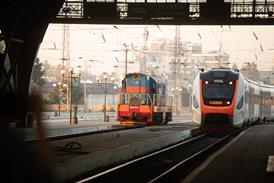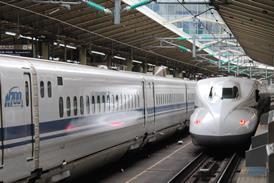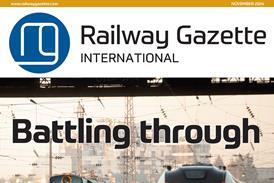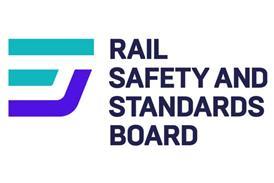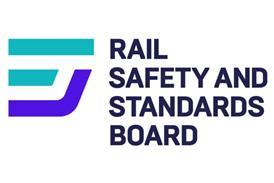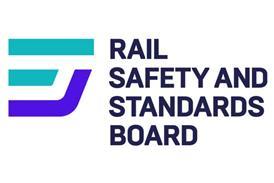
EUROPE: Private sector funding accounted for 42% of all rolling stock orders placed in 2015-17, but only 23% by volume, according to a market study published on May 20.
Undertaken for the Rail Working Group by Roland Berger, the study is the third to look at the evolution of the market. It found that the proportion of privately-funded rolling stock ordered in Europe had increased from 13% in 2011-13 and 20% in 2013-15 to 23% in 2015-17. Extrapolating this trend, the authors predicted that the figure could reach 31% by 2021-23. The annual average value of rolling stock investment in 2015-17 totalled €14·9bn, of which €11·5bn was financed by governments or state-owned agencies and just €3·4bn by the private sector.
Countries with liberalised rail markets and a competitive rolling stock leasing sector such as the UK and Germany offer the main opportunities for private finance. While the proportion of projects involving private financing has increased from 18% in 2013 to 42% in 2017, total volumes have risen more slowly, which reflects the typically smaller order size of privately funded procurements.
Launching the study in Zug, RWG Chairman Howard Rosen compared the slow development of the rail market with the aviation sector. Noting that ‘the vast majority of rolling stock procurement in Europe is either funded or underwritten by governments’, he added that ‘this is unnecessary and places a huge burden on government finances’.
Calling on European states to ratify the Luxembourg Rail Protocol, which is now expected to come into force in early 2020, Rosen predicted that the improved legal protection this offered creditors would ‘open the way to increased and cheaper private funding and a more dynamic and competitive rail industry, with all the environmental, social and economic benefits that will bring’.



